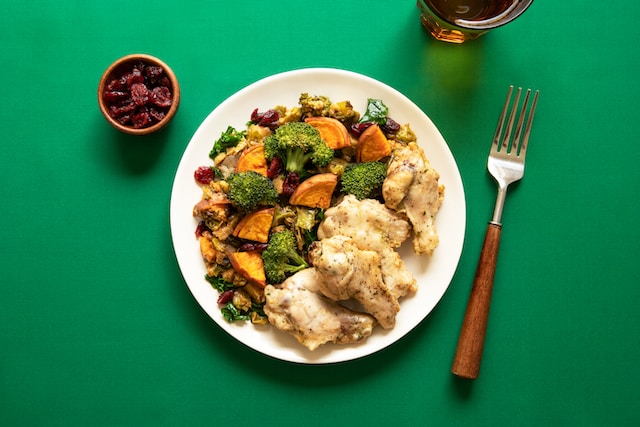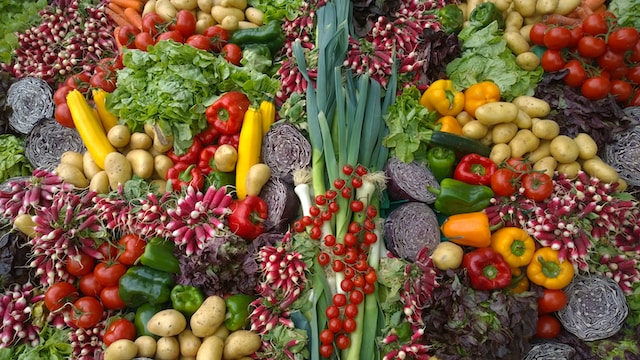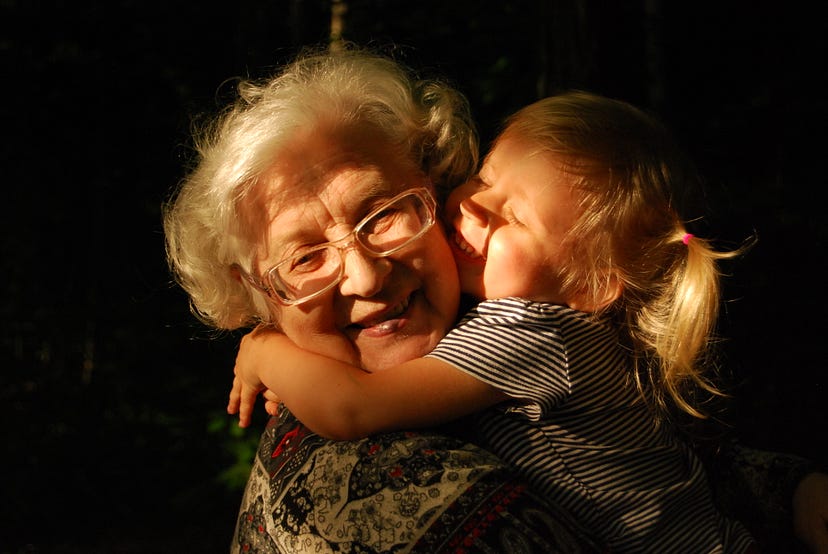
As family caregivers, we are entrusted with the responsibility of ensuring the well-being of our aging parents and grandparents. One crucial aspect of caregiving that often poses challenges is providing proper nutrition for our loved ones. Here, we will explore the importance of elderly nutrition and delve into valuable resources and actionable steps to help caregivers navigate this critical aspect of caregiving.
The Importance of Proper Nutrition for Seniors
As people age, their nutritional needs change. They require fewer calories but more vitamins, minerals, and other essential nutrients to maintain their overall health and well-being. Proper nutrition plays a vital role in seniors’ physical health, cognitive function, and mood. Research has shown that a well-balanced diet can help prevent or manage chronic conditions such as heart disease, diabetes, and osteoporosis. Additionally, adequate nutrition can improve seniors’ immune function, mental acuity, and energy levels, contributing to a better quality of life.
Understanding the Nutritional Needs of Seniors
To provide the best possible nutritional care for our aging loved ones, it’s essential to educate ourselves on their specific needs. Seniors typically require fewer calories due to a decrease in metabolic rate and physical activity. However, they need more nutrients, such as calcium, vitamin D, and B vitamins, which are crucial for bone health, energy production, and cognitive function.
Understanding your loved one’s dietary restrictions, food preferences, and specific health conditions is an essential step in creating meals that cater to their individual needs. For instance, seniors with diabetes need to monitor their carbohydrate intake, while those with high blood pressure should limit their sodium consumption.
In addition to understanding elderly nutrition requirements, it’s also crucial to be aware of common age-related issues that can affect seniors’ ability to consume and absorb nutrients. These may include a decline in taste and smell, difficulty chewing and swallowing, and reduced appetite. By addressing these challenges, caregivers can ensure their loved ones receive the nutrients they need to thrive.

Practical Tips for Providing Nutritious Meals
Creating nutritious and enjoyable meals for seniors can be a daunting task, but with a few practical tips, caregivers can make this process more manageable and even enjoyable. Here are some suggestions to help you create well-balanced, appealing meals for your aging loved ones:
- Flavor enhancement: As seniors often experience a decline in taste and smell, it’s essential to use herbs, spices, and other natural flavor enhancers to make meals more appealing. This can help stimulate their appetite and encourage them to consume adequate nutrients.
- Colorful fruits and vegetables: Incorporating a variety of colorful fruits and vegetables into your loved one’s diet not only provides essential vitamins, minerals, and antioxidants but also adds visual appeal to their meals, making them more enticing.
- Experiment with new recipes: Trying new recipes and introducing different flavors and textures can spark seniors’ interest in food and help them enjoy their meals. Additionally, incorporating their favorite dishes or comfort foods can evoke positive memories and improve their overall dining experience.
- Involve your loved ones: Encourage your aging parent or grandparent to participate in meal planning and preparation, fostering a sense of involvement and independence. This can help them feel more connected to the process and more inclined to enjoy the meals they helped create.
- Monitor portion sizes: Seniors may have smaller appetites or difficulty consuming large meals. To ensure they receive adequate nutrients without feeling overwhelmed, consider offering smaller, more frequent meals throughout the day.
Seeking Support and Resources
As caregivers, we must acknowledge that we cannot always do everything on our own. Seeking support and resources can help us provide better nutritional care for our aging loved ones. Local community programs, online platforms, and healthcare professionals can offer valuable information on nutrition for seniors, meal planning, and preparation tips, as well as financial assistance for purchasing groceries or accessing meal delivery services.
One such resource is the National Council on Aging, which provides information on programs like the Supplemental Nutrition Assistance Program (SNAP) and the Meals on Wheels initiative. These programs can help ensure elderly nutrition, even when their caregivers face financial constraints or other challenges.
Additionally, consulting with a registered dietitian or nutritionist who specializes in geriatric nutrition can provide personalized guidance on your loved one’s specific dietary needs and recommendations on how to address age-related challenges.

As we navigate the caregiving journey, it’s crucial to prioritize our aging loved ones’ nutritional needs. By understanding their specific requirements, addressing age-related challenges, and creating well-balanced, appealing meals, we can ensure they receive the nutrients they need to maintain their overall health and well-being. Furthermore, by seeking support and resources, we can empower ourselves as caregivers to provide the best possible care for our loved ones, making the journey more fulfilling and rewarding for both parties.



